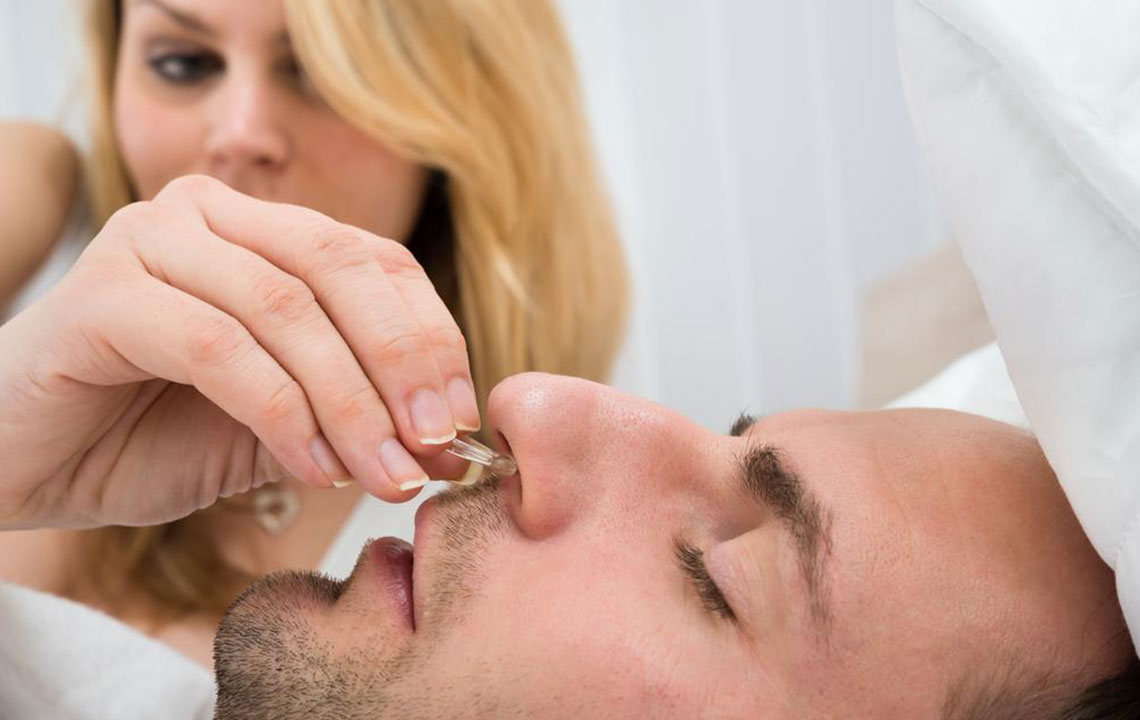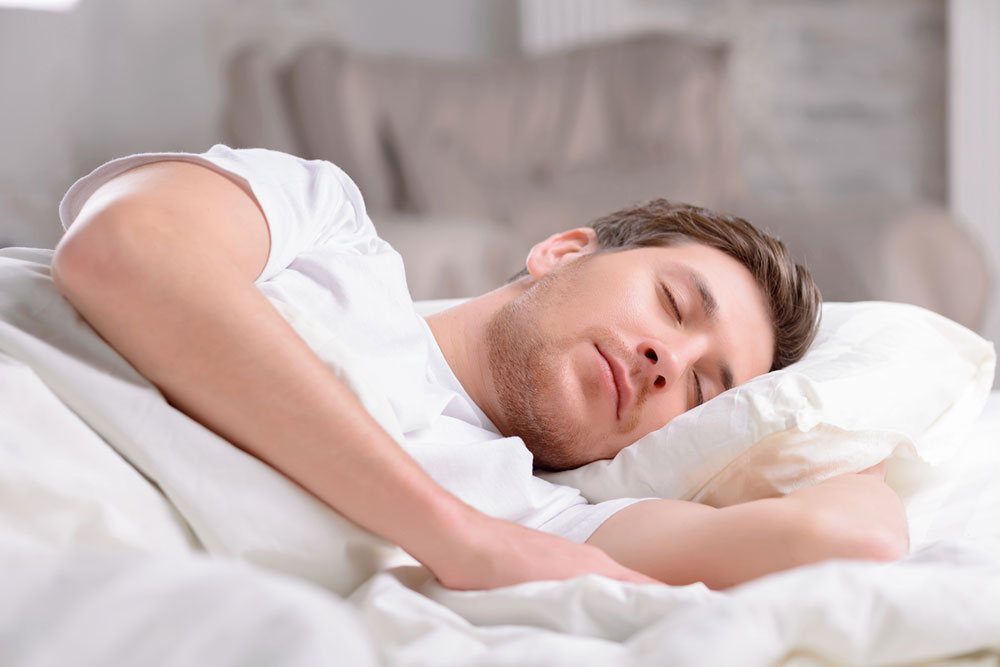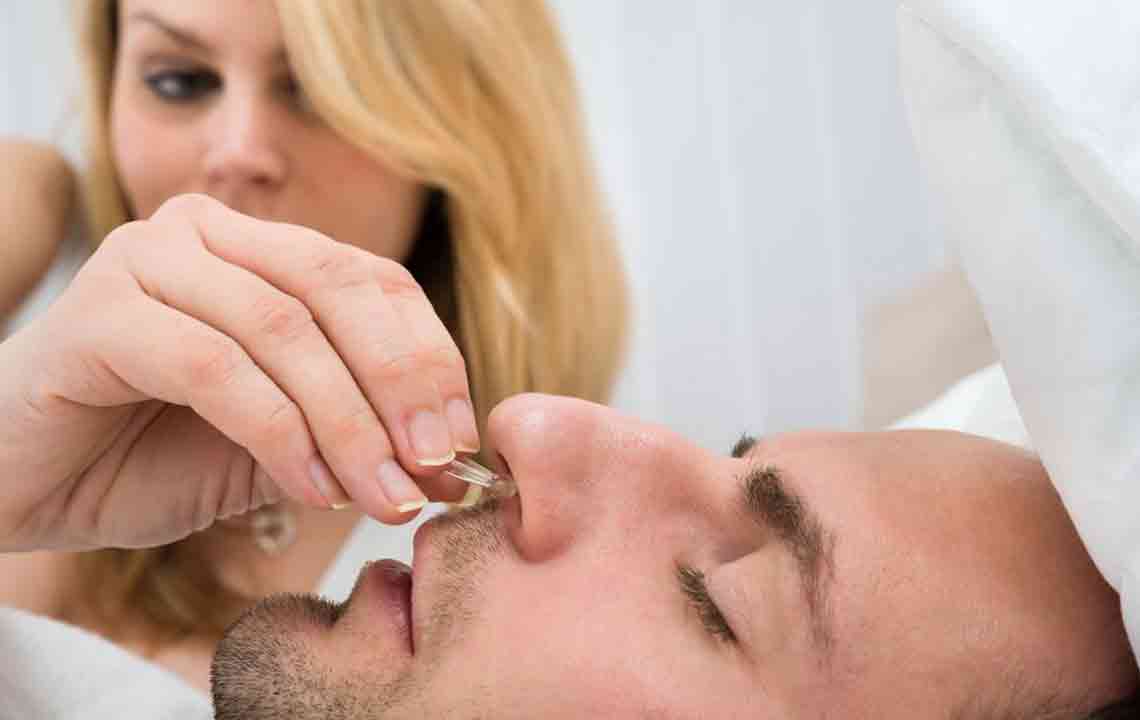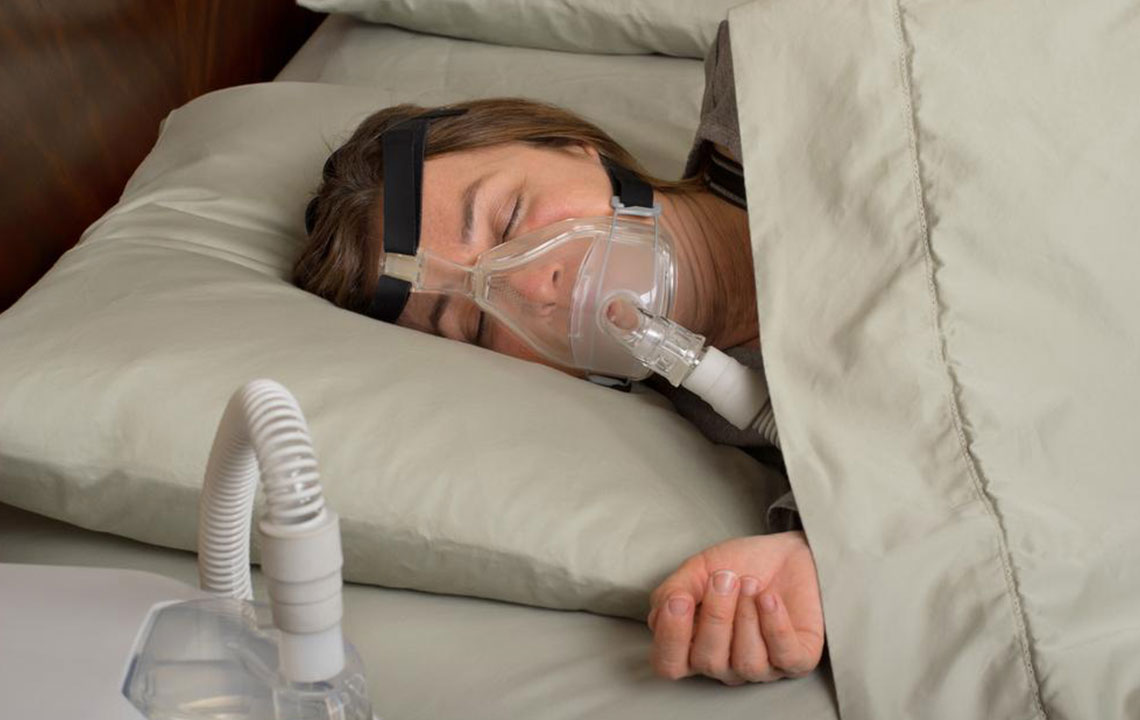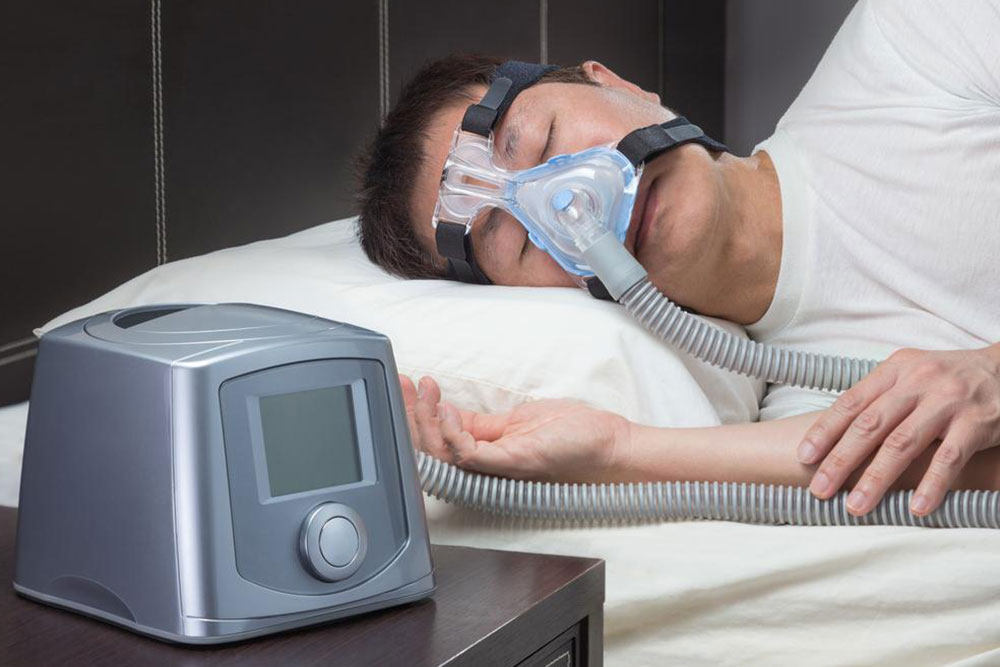Effective Strategies and Devices to Reduce Snoring and Improve Sleep Quality
Discover the most effective strategies and devices to combat snoring, enhance airflow, and improve sleep quality. This comprehensive guide covers mandibular advancement devices, tongue stabilizers, nasal strips, and more, helping you find tailored solutions for restful nights and healthier mornings.
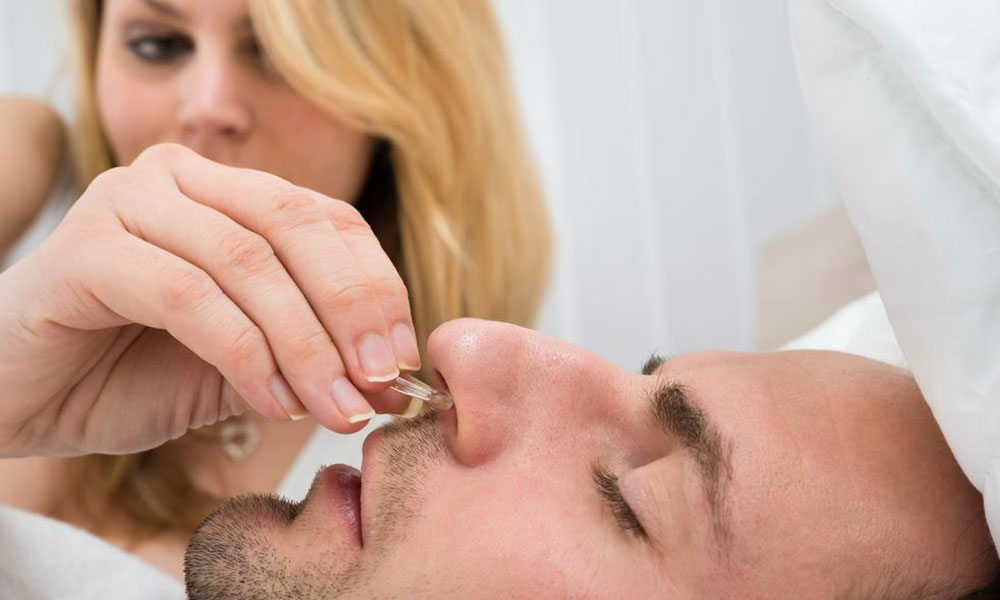
Effective Strategies and Devices to Reduce Snoring and Improve Sleep Quality
Chronic snoring can significantly affect sleep quality and overall health, impacting not only the snorer but also their partner. While occasional snoring might be manageable through lifestyle adjustments, persistent snoring often requires targeted interventions and specialized devices. Many sleep medicine experts advocate using innovative snoring reduction devices to facilitate unobstructed breathing during sleep, helping to diminish noise and enhance restful sleep. This comprehensive guide explores the most effective solutions and devices designed to combat snoring, offering insights into their functionalities, benefits, and suitability for different users.
Snoring occurs when airflow through the mouth and nose is partially obstructed during sleep, leading to vibrations of the throat tissues. These vibrations produce the characteristic sound of snoring. Factors like obesity, nasal congestion, sleep posture, alcohol consumption, and sleep disorders such as sleep apnea can exacerbate snoring. Fortunately, a variety of devices and strategies are available to address these issues, aiming to open the airway and promote quieter, more restful sleep.
Mandibular Advancement Devices (MADs)
Mandibular Advancement Devices, commonly known as MADs, are among the most popular and widely prescribed solutions for snoring and mild to moderate sleep apnea. These custom-fitted oral appliances work by repositioning the lower jaw (mandible) or upper jaw forward during sleep. This forward adjustment helps to enlarge the airway space, reducing vibrations in throat tissues that cause snoring. MADs are praised for their effectiveness, portability, and user-friendliness. They are typically made to fit snugly over the teeth, allowing users to wear them comfortably throughout the night. For those struggling with loud snoring or mild sleep apnea, MADs represent a non-invasive, drug-free option that can significantly improve sleep quality for both the snorer and their bed partner.
Mandibular advancement devices can be custom-made by dental professionals based on individual dental impressions or selected from over-the-counter models for temporary use. Regular follow-ups with a dentist or sleep specialist ensure proper fit and effectiveness. Patients often report noticeable reductions in snoring intensity and frequency, leading to more refreshing sleep and decreased daytime fatigue.
Tongue Stabilizing Devices (TSDs)
Tongue Stabilizing Devices are another effective tool designed specifically to prevent tongue-related airway obstructions. These mouthpieces resemble large plastic pacifiers and are equipped with a small, central hole to accommodate the tongue. TSDs work by holding the tongue in a forward position, preventing it from collapsing backward into the throat and blocking airflow. This mechanism helps reduce snoring caused by tongue relaxation and airway obstruction. TSDs are particularly beneficial for individuals with large or thick tongues, as they maintain the tongue’s position during sleep. They are generally affordable, easy to use, and well-tolerated by most users, though some may require an adjustment period. For individuals whose snoring is primarily caused by tongue relaxation rather than nasal issues, TSDs offer a reliable alternative to other devices.
It’s advisable to consult with a healthcare provider before starting TSD therapy to ensure compatibility, especially for users with dental or jaw issues. Proper use and regular cleaning of the device are essential for maintaining oral hygiene and maximizing effectiveness.
Nasal and Nasal-Related Devices
For individuals whose snoring stems from nasal congestion or airway narrowing, various nasal and related devices can provide relief. These include nasal strips, chin-up strips, and vestibular shields, each functioning uniquely to maintain open nasal passages and facilitate smooth airflow during sleep.
Nasal strips are adhesive bandages that adhere externally over the nose. They work by gently lifting and opening the nostrils, especially when applied over the nasal bridge. This enhancement of nasal airflow can significantly diminish snoring caused by nasal congestion or restrictive breathing. Nasal strips are simple, non-invasive, and suitable for everyday use, especially during cold seasons or allergy flare-ups.
Chin-up strips are applied beneath the chin to gently elevate the jaw, encouraging open airways and nasal breathing. By preventing mouth breathing, they reduce throat vibrations and snoring noise. These strips are discreet, easy to apply, and offer a non-invasive alternative for those who prefer not to use oral devices.
Vestibular Shields are small, shield-like devices designed to block mouth breathing by encouraging nasal respiration. These devices are placed inside the mouth in such a way that they direct airflow through the nose, reducing open-mouth snoring. Vestibular shields are especially useful for individuals who habitually breathe through their mouths during sleep, helping to improve breathing patterns and sleep quality.
Choosing the right nasal or airway device depends on individual preferences, snoring causes, and comfort levels. Consulting with a sleep specialist can help determine the most suitable approach and ensure effective results.
Additional lifestyle modifications such as weight management, avoiding alcohol before bedtime, sleeping on one's side, and maintaining nasal hygiene can further enhance the effectiveness of these devices. Combining mechanical devices with positive lifestyle changes provides a comprehensive approach to reducing snoring and improving overall sleep health. Persistent snoring can sometimes be a sign of underlying conditions like sleep apnea, which requires medical diagnosis and treatment. If snoring persists despite using these devices, consulting a healthcare professional is recommended for further evaluation and tailored interventions.
In conclusion, a variety of effective solutions tailored to different causes of snoring exist, ranging from oral appliances to nasal aids. Identifying the underlying cause of snoring and selecting the appropriate device can dramatically improve sleep quality, leading to healthier, more energized mornings for everyone involved.
